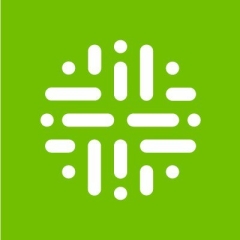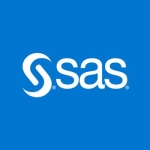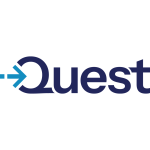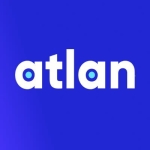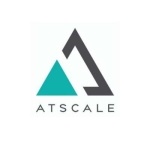What is our primary use case?
I don't use it as an individual. It's basically for my clients. I serve as a consultant for the tool. The typical use cases for the clients that we get is around metadata management and around building lineage. You can create a lineage by modifying out-of-the-box Collibra asset models.
How has it helped my organization?
While, for privacy reasons, I cannot share exact use cases, I can say that the solution helps smooth and streamline the processes of clients.
What is most valuable?
The most valuable features of Collibra are the workflows and the data lineage capabilities. They help improve the client's existing processes. You can map those into workflows and those processes can directly be done on Collibra. Basically, what happens is, you directly script the metadata for the process that is happening.
What needs improvement?
I'm fairly new to the product, however, what I generally hear from my clients is that the requirement around having ways to ingest more metadata. Currently, with Collibra, they provide you a catalog platform, which helps you integrate or get metadata from a few commonly known platforms, like Tableau and IBM Db2, and Informatica. If they could bring them through, or if they could bring in more connectors to help us ingest metadata from other systems as well, that would be really helpful. That would reduce a lot of time and effort from our end.
If people had backward compatibility as well, that would be much better. I've also worked on other technologies, primarily Java, which is very, very much backward compatible. Any new implementation which they bring in does not impact your existing work to a heavy extent. It would be helpful if Collibra was similar.
Buyer's Guide
Collibra Governance
October 2025
Learn what your peers think about Collibra Governance. Get advice and tips from experienced pros sharing their opinions. Updated: October 2025.
871,688 professionals have used our research since 2012.
For how long have I used the solution?
I've been using this solution for the past two and a half to almost three years.
What do I think about the stability of the solution?
The stability as of now is quite good. We do get regular updates from the Collibra platform and that is good. In terms of performance, at the end of the day, it boils down to how your infrastructure is. However, we haven't really faced any issues with our clients.
What do I think about the scalability of the solution?
If you have an on-premise setup, then the scalability is entirely in your hands it depends on the sizing. However, if you have a cloud-related Collibra setup then the scalability is pretty good.
In terms of internal scalabilities, such as the different platforms we can bring on or onboard onto Collibra, it is good as of right now. However, if we have more connections or if you have leads to ingest data from these different sources, it could be better. That is an area where we can still see some improvement.
How are customer service and support?
I'm more of a developer here, therefore, I've not really interacted with the Collibra support team. If a client needs help, we ask them to route it via their fortified product partners. We get a resolution that way. I haven't directly interacted with Collibra.
How was the initial setup?
I was not involved in the initial setup as that is taken care of by the Collibra team.
What about the implementation team?
We implement the solution for our clients according to their requirements. Collibra also does a lot of the implementation process as well.
What's my experience with pricing, setup cost, and licensing?
I do not have visibility into the pricing of the product. It's not an aspect of the product I handle.
Which other solutions did I evaluate?
My overall IT experience is only for three years. I basically started working with Collibra. Therefore I have not really evaluated other solutions. I've never run a comparison with other market tools like Informatica or other ETL-based tools, for example.
What other advice do I have?
If you know Collibra's history, the tool is fairly new to the market. It is maybe eight to 10 years old. Within the past three years, we've seen the Collibra platform, or the Collibra product, changing a lot and developing a lot. They've been incorporating a lot of user suggestions. I would say the DBA, the system we've learned, the product is still quite immature. However, it's developing. Earlier, they were using a few core APIs, which will now be deprecated in the newer version. Even though those are mapped to a newer functionality, it's an ever-changing thing. That does impact all your backend code and workflows. New users just need to be aware that it's still evolving.
Collibra generally, is trying to incorporate as many new solutions into its product. That sometimes comes at the cost of an existing solution being removed due to coaligned abilities which you have already kind of implemented with the clients. It's kind of a reimplementation on the newer versions for a newer component. It's something to be aware of.
From a client perspective, I rate it as a six out of ten. From a market perspective, I can rate it as a seven or eight. As much as I have heard that tool is comparatively unique and that lineage and the other capabilities like workflows that this brings to the table, compared to other products in the market, is kind of better. From a product perspective, I have to rate it as a six or a seven. And from a developer perspective, I'll rate it as a six. Overall, if I had to rate it on every aspect, I'd give it a seven out of ten.
Which deployment model are you using for this solution?
Public Cloud
Disclosure: My company does not have a business relationship with this vendor other than being a customer.

